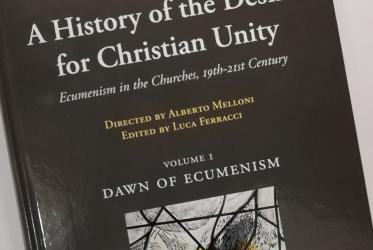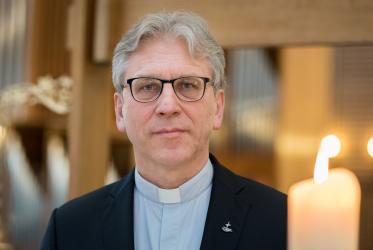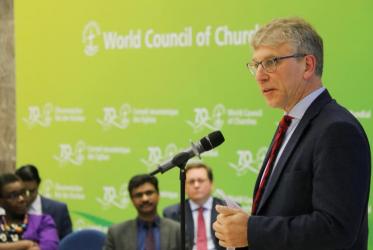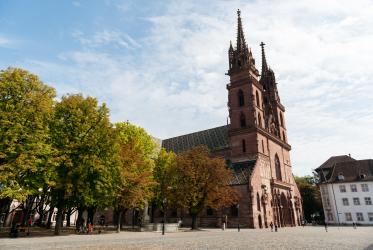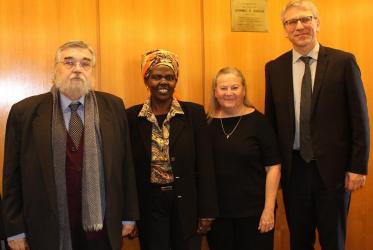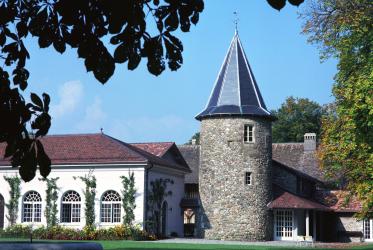Displaying 1 - 20 of 22
EKD delegation, other visitors grace WCC
26 October 2018
Tveit greets Community of Protestant Churches in Europe
14 September 2018
WCC congratulates Nobel Peace Prize laureate ICAN
06 October 2017
WCC staff resolve to work with “faith, hope and love”
28 September 2017
Panel discussion fields ideas on European identity
26 April 2016
WCC convenes strategic meeting on sustainable development goals
11 February 2016
WCC Executive Committee works toward a future of peace and justice
19 November 2015
WCC Executive Committee convenes to review ecumenical progress
13 November 2015
Climate pilgrimage toward COP21 pauses in Geneva
05 November 2015
“Ecumenism in the forest” draws smiles
07 July 2014
